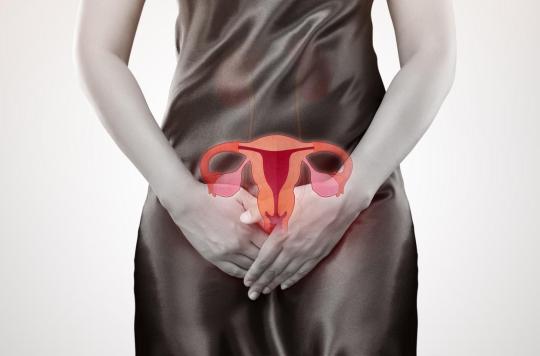A recent American study warns of the too frequent and often useless use of examinations by vaginal touch or smear carried out in women under 21, generally prescribed to screen for the risk of cancer of the cervix.

Reviews by vaginal examination and cervical-vaginal smears are too often performed in young patients who do not need them, underline researchers authors of a publication in the review JAMA Internal Medicine.
The study was carried out using data from 3,410 young women aged between 15 and 20, who participated to a national survey on the growth of families carried out between 2011 and 2017 in the United States.
From the responses obtained, the researchers deduced that of the 2.6 million pelvic examinations carried out over the course of a year, approximately 1.4 million were prescribed unnecessarily to women who did not need them, i.e. more than half (54.4%).
Same observation for the cervico-vaginal smear intended to detect cancerous lesions on the cervix: of the 2.2 million patients to whom it was prescribed, 1.6 million could have avoided it, estimate the researchers.
Educate parents
To determine the usefulness or not of these examinations, the authors of the study based themselves on the recommendations of the American College of Obstetricians and Gynecologists, which since 2012, advise against the examination by vaginal examination and the cervico-vaginal smear for women. under 21 years old.
“Parents of adolescents and young women should be aware that cervical cancer screening is not routinely recommended in this age group,” said George F. Sawaya, professor of obstetrics, of Gynecology and Reproductive Sciences at the University of California and co-author of the study.
The recommendations state, for example, that pelvic examinations should be performed in the event of vaginal discharge, abnormal bleeding, pain, urinary problems and sexual dysfunction. Or on pregnant women, those who wear an IUD or have a sexually transmitted infection.

.









-1605199003.jpg)





